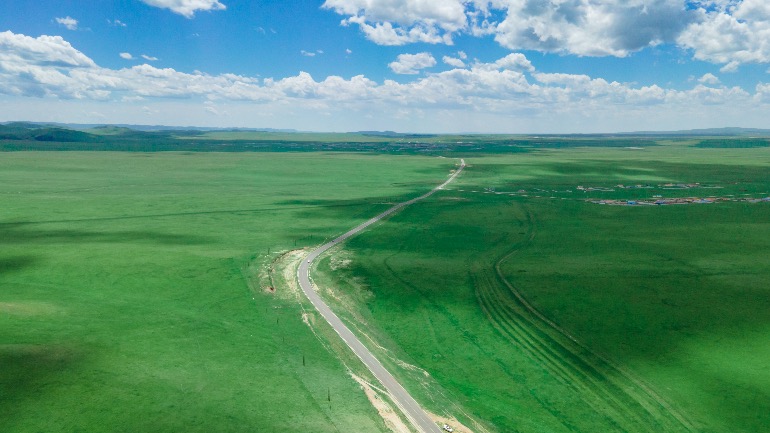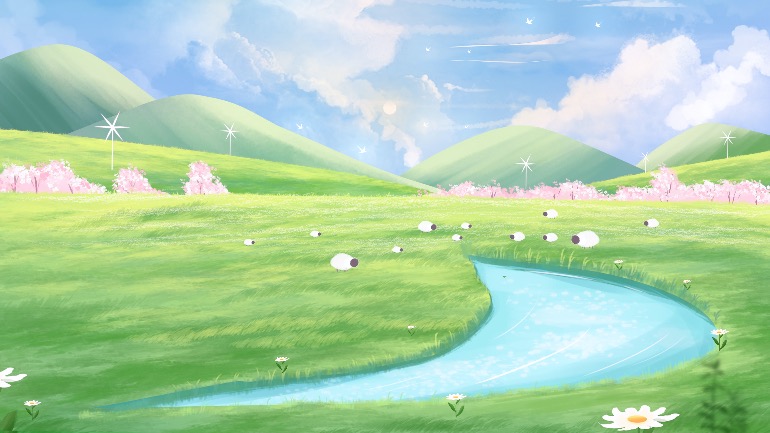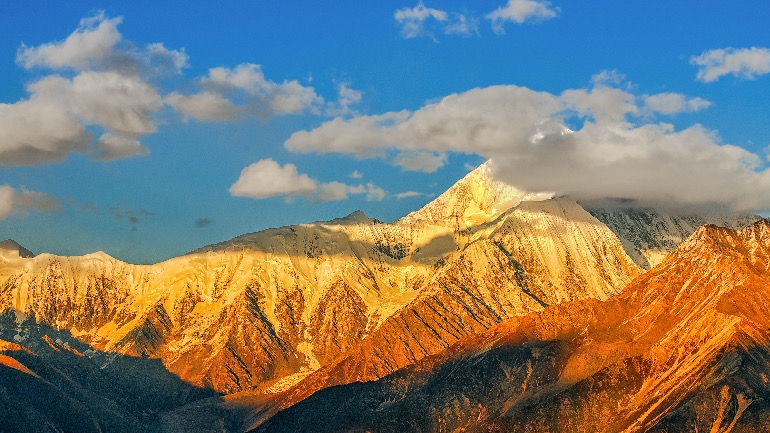The practice of the Four Noble Truths begins with the cultivation of renunciation and bodhicitta. Renunciation enables us to transcend samsara while bodhicitta inspires us to remain in samsara without being bound by it. Are they contradictory to each other? No, they’re not. If renunciation is not generated, samsara cannot be transcended. We will then end up in the same position as all other beings in the six realms, having no ability to save anyone. In order to transcend samsara, one must resolutely cut off all attachment to it. But that does not mean one should abandon all those remained in samsara afterwards. To abandon them means one’s goal is only to seek enlightenment for oneself and upon reaching that goal, one ignores their need for liberation. Sravakas and pratyekabuddhas, abiding in the meditation of cessation,1 have transcended samsara and at the same time abandoned those left in samsara. Alas, owing to their limited power of samadhi, they neither have the ability nor the aspiration to lead other sentient beings to liberation.
But Mahayana Buddhism calls for transcendence, not desertion, of samsara. The bodhisattvas practice emptiness, not-self, or great compassion not to escape from the suffering of samsara but to benefit sentient beings more thoroughly and effectively, and to serve the needs of others more generously.
- Quote from The Right View, "The Four Noble Truths—the Path Out of Samsara"











